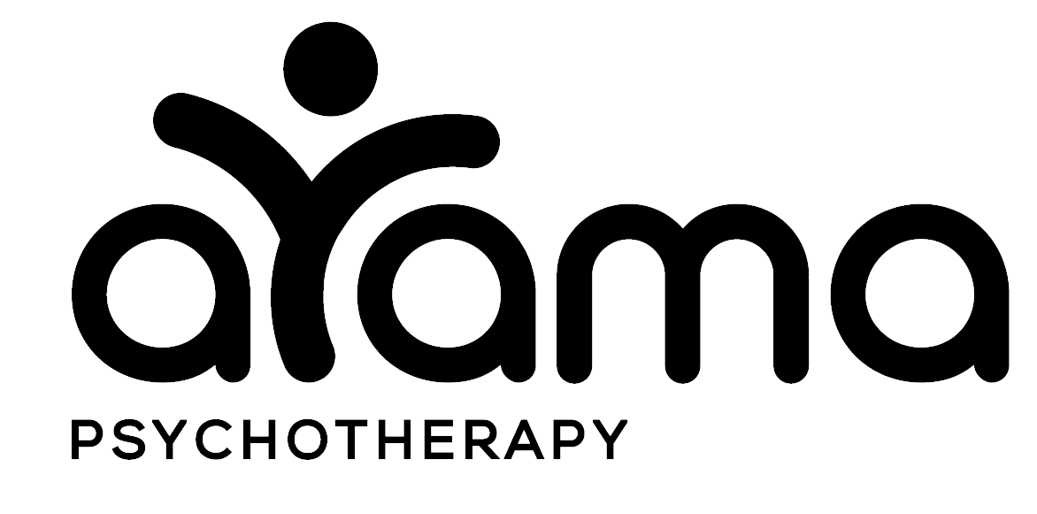I enjoy waking up in the morning and having the energy needed to do my day without grumpiness and fatigue.
If you are trying to improve sleep, the complicated aspect is that we are bombarded by sleep "fix" suggestions, making it hard to know what to do. Should a person find a good sleep meditation? Try an over-the-counter supplement? Get a prescription? Get a sleep study? Follow the directions from a smartwatch?
What I find that people don't necessarily realize is that sleep improvement is a not a one-size-fits all, straightforward solution.
The process of sleep improvement is more like finding the right shoe. You want to measure first, and you can't judge its fit based on one time of use. Sometimes, it takes a few times wearing the shoe in order to figure out if it's a good fit.
Keep in mind that the true test of a real improvement in sleep is if it works for 2 weeks or more, night after night (it's the measure used when working with sleep changes for cognitive-behavioral therapy for insomnia, CBT-I). Be careful not to make assumptions about a "fix" based upon a few nights of sleep.
I also like to ask the question of whether or not you worry about getting enough sleep; if you are worrying about sleep, then there is definitely room for improvement in the techniques you are using.
The same applies if you have tried multiple "fixes," found that nothing lasts, and you still don't feel satisfied with sleep. It sounds like you still don't have the shoe that fits.
Before you try a new approach to sleep, it's a good idea to get an assessment of your sleep first (like you would measure your foot before you buy a shoe). This ultimately saves you time and energy.
A good place to start is to just have your family doctor help with assessing the situation, including discussing symptoms, diagnoses and options. I'm biased, but my hope is that CBT-I (behavioral interventions) might be discussed if you are someone who hasn't found the shoe that fits. While I do not believe that CBT-I and behavioral interventions are a fix for every sleep situation, CBT-I tends to be a viable option for more situations than people tend to assume.
You can read more about our services.
Happy Sleeping,
Alissa S. Yamasaki, Ph.D.




